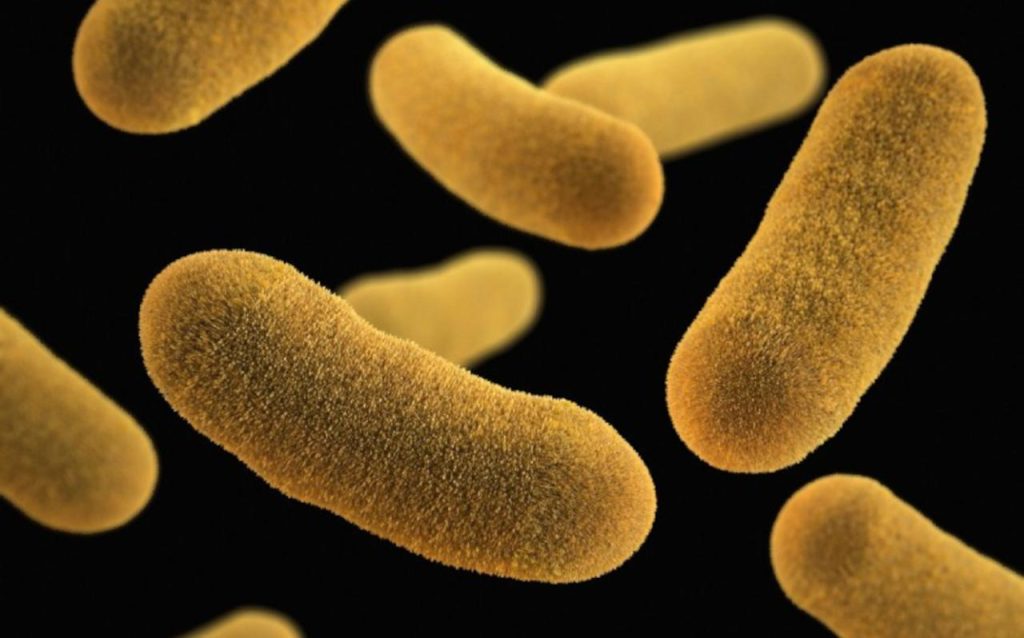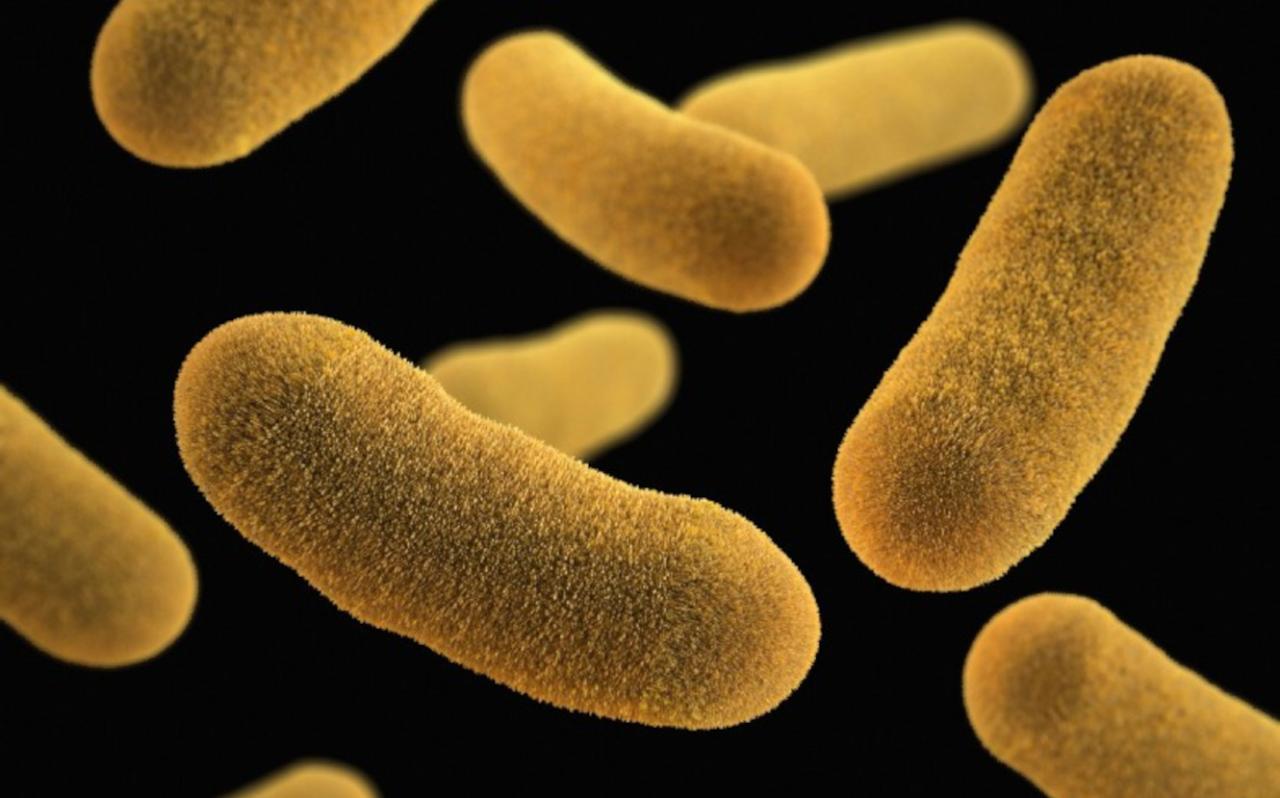This is one of the three most common gates in a dog’s intestines, along with Fusobacterium and Bacteroides. These tough little things can be found in many environments and have excellent survival skills.
Firmicutes, which means “thick-skinned” in Latin, refers to the strong cell walls of many types of bacteria in this group. Some of these bacteria transform into dormant and resilient states when they lack nutrients and moisture, and live for thousands or even millions of years.
Some members of the phylum are known pathogens, such as streptococcus, which is responsible for strep throat. Others are responsible for wine and beer spoilage.
Some of these bacteria transform into dormant and resilient states when they lack nutrients and moisture, and live for thousands or even millions of years. Some members of the phylum are known pathogens, such as streptococcus, which is responsible for strep throat. Others are responsible for wine and beer spoilage.
Quick Facts:
- Many Firmicutes bacteria play an important role in a dog’s gut by breaking down carbohydrates that cannot be digested by human enzymes, such as dietary fiber and resistant starch. A byproduct of this process is a molecule that is critical to the dog’s health.
- Dogs with different types of intestinal diseases tend to have lower levels of bacteria in this phylum in their guts.
- Studies have shown that Firmicutes bacteria are also important for human health.
A fiber-rich diet supports a variety of firmicutes in the dog’s gut. Rich in a variety of digestible proteins, dietary fiber, and other nutrients, Stay’s unique recipe is specifically designed to feed different beneficial bacteria in your dog’s gut and maintain a healthy balance between the five common phyla.
Our biofeedback process and seasonal microbiome exams allow us to understand how nutrients affect this delicate balance, as well as the specific important bacteria in each phylum, and ensure that your dog’s food meets the needs of the beneficial bacteria in your gut.

